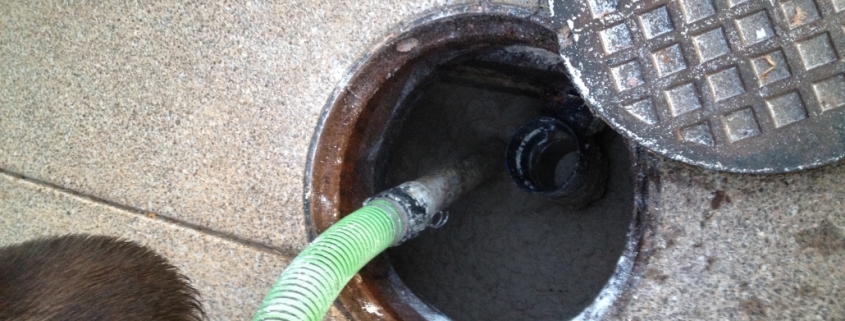Used Grease and Cooking Oils
Grease and used cooking oil: if you own a restaurant, you probably produce plenty of these as a byproduct of cooking. You may already know that grease traps are an important way to filter these out from your wastewater. But did you know that the used grease and oils they collect are actually quite useful and sought after? Let’s take a deeper dive into used restaurant grease and oils.
Uses for Grease and Oils
There are around 4.4 billion pounds of used cooking oil generated by the food service industry each year in North America alone. Up until the 1990’s, these byproducts were primarily used in the rendering industry. Cleaned and processed oils are useful for everything from animal feed to paint and plastics, and people in the industry pursued these uses for years. But in the 1990’s, another use emerged: biofuel. When properly cleaned and filtered, used oils and greases can be converted into valuable fuel. The rendering industry began to use the oil in mass for biofuels, with significant positive effects. For one, reusing old oils and grease is cheaper than relying on new fuel. Plus, the low carbon biofuel is just as effective as diesel fuel, but with up to 85% fewer carbon emissions.
With a clear benefit to reusing these oils, an industry continued to develop. There have actually been government mandates for refineries that require a certain amount of biofuel to be added to petroleum fuels too. These factors and others have led to a high value on used restaurant oils and grease.
The Rise of the Grease Thief
With soaring value came an opportunity for unsavory thievery. More and more people with an eye for the rising market value began to steal used restaurant grease. They found plenty of opportunity, with lots of businesses storing their byproducts in traps or interceptors outside their buildings. When unsecured, this makes for an easy target and payday on this new liquid gold.
Of course, selling requires a buyer. Unfortunately, there seem to be plenty of people willing to look the other way on the source of used oils and grease. While many biofuel companies perform their due diligence to vet potential sellers, some have not worked hard enough to help weed out illegitimate sales. Companies have faced some pressure to start examining sources more rigorously.
What This Means for Restaurants
Fortunately, there’s a lot restaurants can do to help prevent this theft. Monitoring trap and interceptor levels between servicing is an important way to tell if there has been any theft. Plus, they can even install fences and other security measures to obscure access and ensure protection. They can also move their infrastructure to indoor traps to add a lot of security.
Don’t forget- just as security is crucial, so is a regular maintenance schedule! Moon Grease Traps offers servicing for grease interceptors and traps at any establishment. From a single grease trap, to one per sink in larger establishments, to an outdoor interceptor, we have you covered. Schedule your next grease service by contacting Moon Grease Trap Cleaning at 502-776-2199. We are happy to answer any and all questions you may have!




